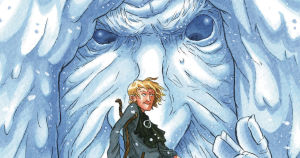
Review: Odd and the Frost Giants by Neil Gaiman
From a mythology buff’s perspective, I was delighted with Odd and the Frost Giants. From a disability perspective, though, I was confused.

From a mythology buff’s perspective, I was delighted with Odd and the Frost Giants. From a disability perspective, though, I was confused.

Lu’s depiction of life with one eye is up and down; cringe-worthy beliefs are juxtaposed with realistic depictions of the main character’s adjustment to her condition.
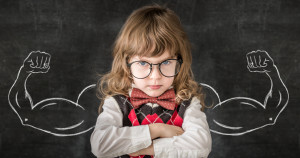
Science fiction and fantasy tell us that anything can happen, and yet disabled people are often told that their narratives don’t fit into the genres.

The Mara Dyer trilogy remains one of the best fictional depictions of PTSD that I have come across. That just makes it more disappointing when the series badly misses the mark on other issues.

In no way is Briony’s depression the whole point of this novel—however, it is an important piece, and it is portrayed excellently. Chime was one of the most cathartic reading experiences of my life.

Despite good ideas and wonderful writing, Brilliant falls flat when it comes to having any constructive meaning regarding depression.

Although I was underwhelmed by the portrayal of albinism in Akata Witch, it’s a great novel that features the first strong, sympathetic lead with albinism I’ve seen in quite a few years.
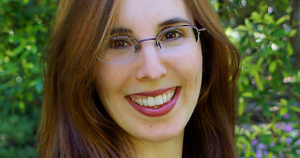
After the first two books in Jackie Morse Kessler’s Riders of the Apocalypse series—Hunger, about a girl with anorexia, and Rage, about a girl with depression—were so positively reviewed on the blog, we were incredibly excited to invite the author over for a joint interview.
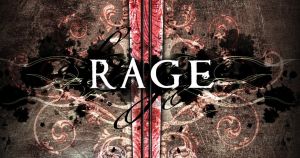
I highly recommend Rage for anyone with depression, who wants to learn about depression, or anyone who just enjoys a good story. It’s moving, it’s clever, and despite its fantasy elements it’s incredibly realistic.
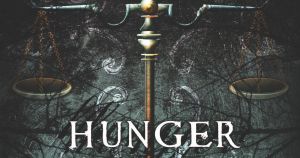
Hunger sings with authenticity. Lisabeth’s anorexia is visceral, bordering on uncomfortable, exactly as it should.